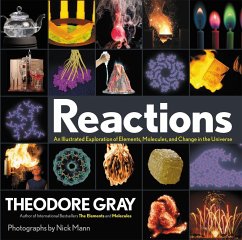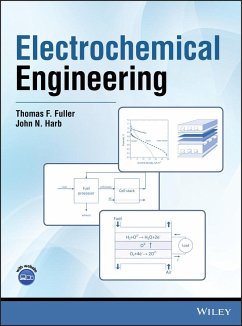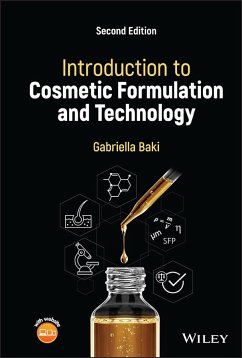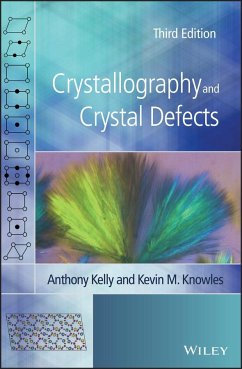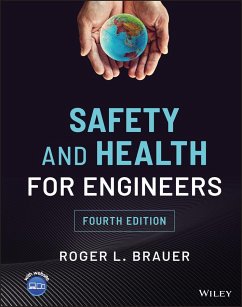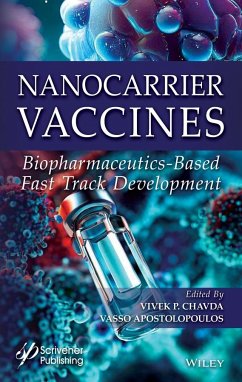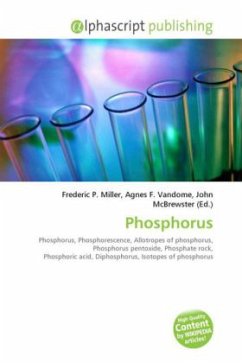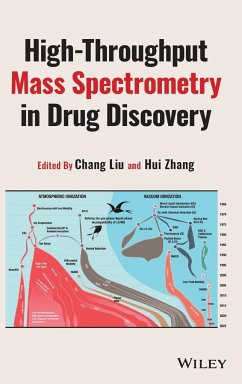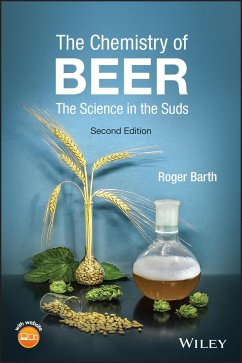
Why Chemical Reactions Happen
Versandkostenfrei!
Versandfertig in 2-4 Wochen
58,99 €
inkl. MwSt.

PAYBACK Punkte
29 °P sammeln!
By tackling the most central ideas in chemistry, this text provides the reader with all the tools and concepts needed to think like a chemist. It takes a unified approach to the subject, aiming to help the reader develop a real overview of chemical processes, by avoiding the traditional divisions of physical, inorganic and organic chemistry. To understand how chemical reactions happen we need to know about the bonding in molecules, how molecules interact, what determines whether an interaction is favourable or not and what the outcome will be.Answering these questions requires an understanding...
By tackling the most central ideas in chemistry, this text provides the reader with all the tools and concepts needed to think like a chemist. It takes a unified approach to the subject, aiming to help the reader develop a real overview of chemical processes, by avoiding the traditional divisions of physical, inorganic and organic chemistry.
To understand how chemical reactions happen we need to know about the bonding in molecules, how molecules interact, what determines whether an interaction is favourable or not and what the outcome will be.
Answering these questions requires an understanding of topics from quantum mechanics, through thermodynamics to "curly arrows".
In this book all of these topics are presented in a coherent and co-ordinated fashion, showing how each leads to a deeper understanding of chemical reactions.
To understand how chemical reactions happen we need to know about the bonding in molecules, how molecules interact, what determines whether an interaction is favourable or not and what the outcome will be.
Answering these questions requires an understanding of topics from quantum mechanics, through thermodynamics to "curly arrows".
In this book all of these topics are presented in a coherent and co-ordinated fashion, showing how each leads to a deeper understanding of chemical reactions.



